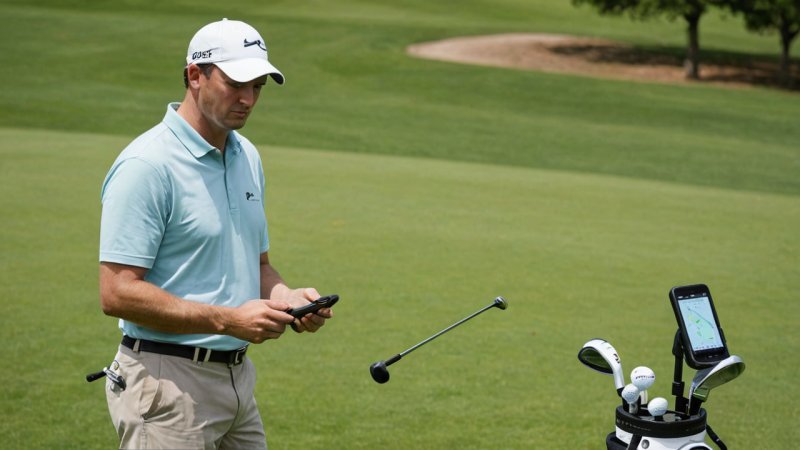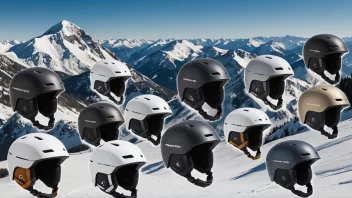Golf is a sport that blends precision, technique, and strategy. As golfers strive to enhance their skills and lower their scores, technology has increasingly played a significant role in their training and performance. Among the myriad of technological tools available, two stand out for their impact on the game: swing analyzers and GPS rangefinders. Each offers unique benefits and challenges that can help golfers improve their performance on the course. This article will compare these two technologies, exploring their advantages, disadvantages, and overall contribution to a golfer's game.
What are Swing Analyzers?
Swing analyzers are devices or software applications designed to provide detailed feedback on a golfer's swing mechanics. They can be attached to a club, worn on the body, or used as part of a simulator system. These tools measure various aspects of the swing, including club speed, angle of attack, swing path, and more.
Pros of Swing Analyzers
- Detailed Feedback: Swing analyzers provide in-depth data that can help golfers understand their strengths and weaknesses.
- Real-Time Analysis: Many swing analyzers offer instant feedback, allowing golfers to make immediate adjustments during practice.
- Visual Representation: The data is often presented visually, making it easier for golfers to comprehend and analyze their performance.
Cons of Swing Analyzers
- Complexity: The wealth of data can be overwhelming for beginners who may not know how to interpret the information effectively.
- Cost: High-quality swing analyzers can be expensive, which may deter some golfers from investing in them.
- Dependency: Relying too heavily on technology can lead to overthinking and negatively affect a golfer's natural instincts.
What are GPS Rangefinders?
GPS rangefinders are devices that help golfers measure distances to various points on the golf course, including the flag, hazards, and other landmarks. They use satellite technology to provide accurate distance information, enabling golfers to make informed decisions about club selection and strategy.
Pros of GPS Rangefinders
- Accurate Distance Measurements: GPS rangefinders provide precise distance readings, helping golfers gauge their shots more effectively.
- Course Information: Many GPS devices come preloaded with course maps and layouts, giving golfers valuable insights into the course they are playing.
- Improved Strategy: Knowing the exact distance to hazards and the flag can help golfers make better tactical decisions on the course.
Cons of GPS Rangefinders
- Battery Life: GPS devices require battery power, and running out of battery mid-round can be frustrating.
- Distraction: Constantly checking a GPS device can interrupt a golfer's rhythm and focus during play.
- Legal Restrictions: Some courses do not allow the use of GPS devices, limiting their applicability.
Comparative Analysis
When comparing swing analyzers and GPS rangefinders, it's essential to consider how each technology enhances different aspects of the game. Swing analyzers focus on improving a golfer's swing mechanics, while GPS rangefinders emphasize course management and shot strategy.
A golfer looking to refine their swing technique might find swing analyzers more beneficial. The detailed feedback and visual data can help identify swing flaws and enable targeted practice. On the other hand, for golfers who want to enhance their gameplay strategy, GPS rangefinders provide crucial distance information that can significantly impact shot selection and overall performance.
Moreover, while swing analyzers can be used in practice settings or during lessons, GPS rangefinders are more valuable during actual rounds of golf. This makes them complementary tools rather than direct competitors.
Conclusion
In summary, both swing analyzers and GPS rangefinders offer unique advantages that can enhance a golfer's performance. Swing analyzers excel in providing in-depth insights into swing mechanics, while GPS rangefinders assist in tactical decision-making on the course. Ultimately, the choice between the two technologies should be guided by a golfer's specific needs and goals. For those looking to improve their swing, investing in a swing analyzer is advisable. Conversely, if course management and distance accuracy are the primary concerns, a GPS rangefinder will prove to be invaluable. As technology continues to advance, golfers have more opportunities than ever to leverage these tools for improved performance while enjoying the game they love.






